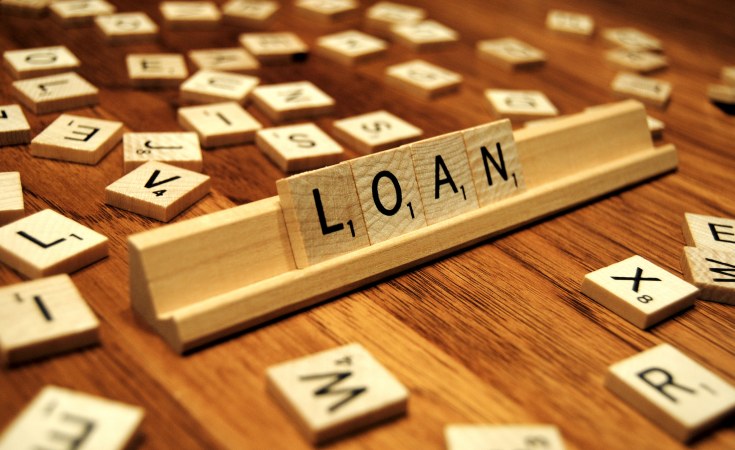The federal government has been advised to reverse the proposed use of $155 million World Bank loan for importation of meters in order not to jeopardise its local production and worsen the unemployment rate in the country.
The Association of Meter Manufacturers of Nigeria (AMMON) gave the advice urge at a media briefing in Abuja where it urged the government to channel the fund to local industries to catalyse the economy in order to close the 10 million meter gap in 18 months.
The treasurer of the association and chief executive officer of Holley Metering Limited, Mr. Ifeanyi Okeke said the proposed tender for bidding if carried out on July 11 would jeopardise the local content policy of the government.
Ahead of the proposed opening of the bidding process for the World Bank project on July 11, Okeke warned that any attempt to allow the process to sail through would spell doom for local producers who fear the conditions have already been skewed in favour of foreign firms to import the products.
He said about 20 out of 40 local meter manufacturing companies received awards in November last year, adding that despite the challenges, close to one million meters were rolled out between December 2020 and June 2021 by the local producers who he noted had demonstrated the capacity to do so.
"We are not against the World Bank funded programme. All we need to do is to direct the money where it will catalyse the economy. If the money is given to local manufacturers, it will be utilised and benefit the country.
"We want the government to stop this tender metering," he said, stressing that it was not structured to help local industries but to import meters and render Nigerians jobless.
He said; "The Federal Ministry of Finance and Nigeria Electricity Regulatory Commission (NERC) are supporting us but they have conflicting wants. So, we urge the government to do the right thing."
Secretary general of the association, Engr. Durosola Omogbenigun, said; "Should the federal government go ahead with the bidding process, the decision would be inimical to the growth and progress so far made in local content policy, backward integration and technology transfer."
Former president Mohammadu Buhari had in February 2018 signed the Executive Order No. 5 to adopt and promote local content. The order mandates every public organisation to give priority to local products before foreign brands.
The $155 million World Bank loan is earmarked for bridging the over eight million metering gap in the Nigerian electricity market.
According to the manufacturers, the government has to urgently halt attempts by the Transmission Company of Nigeria to open tenders for the project.
They accused the TCN of not following through in the promise of support it made to members on award of contract to produce four million meters since November 2022, noting that the planned bidding would send many of its members parking.
"We have over 40 meter manufacturers ready to bridge the meter gap. Our demand for a review of the TCN action is a matter of urgent importance which we want to bring to the attention of the government. Our target is to close the metering gap.
"For us, this World Bank project is inimical to growth and progress of local content policy and backward integration.
"Today, we have expanded from 8-40 companies, this increased tax base availability of meters and jobs created. Members spent two to four months bidding for meter production and NERC promised to support manufacturers and assembly.
"As representatives of manufacturers, we decided not to allow our investment go down because we have bills to settle. This is our only contribution to the government.
"Most meters used in Nigeria were manufactured here and we can't stop, we can be locally sustained in meter production as a country. Our target is to ensure estimated billing is eliminated," they added.


